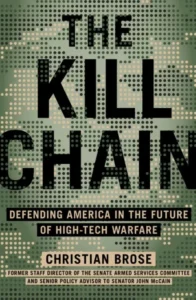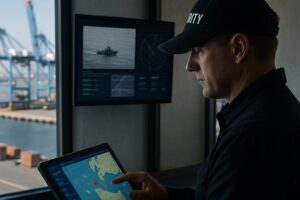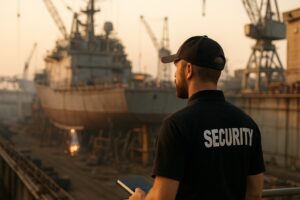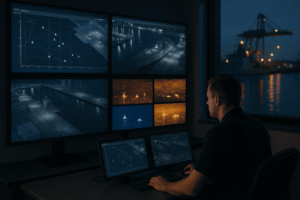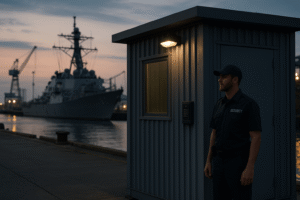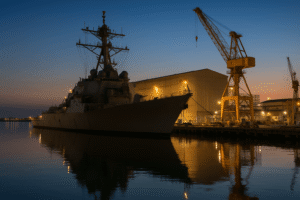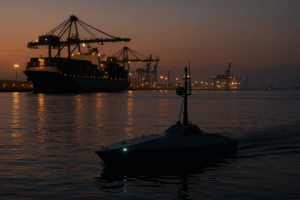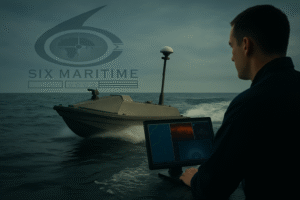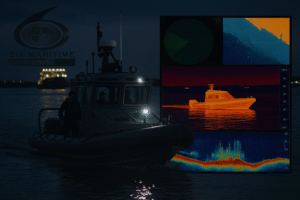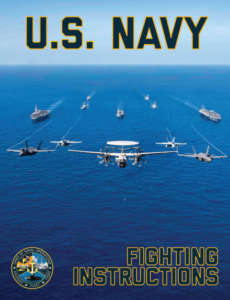
The CNO’s Fighting Instructions and the Integration Imperative for Maritime Autonomy
George PlanetaDirector of Business DevelopmentSix Maritime, Inc. The Chief of Naval Operations’ Fighting Instructions are not ceremonial guidance. They are directional. They reflect a Navy that understands the strategic environment has shifted and that tempo, accountability, and operational execution must adjust accordingly. The message is clear: the Navy exists to generate combat credibility and win at sea. Culture, infrastructure, acquisition, and modernization efforts must support that purpose. In a period defined by renewed maritime competition, the margin for institutional drag is narrow. For those operating along the waterfront and inside the broader maritime enterprise, the implications extend beyond the fleet itself. Warfighting as the Organizing Framework The Fighting Instructions’ structure,


